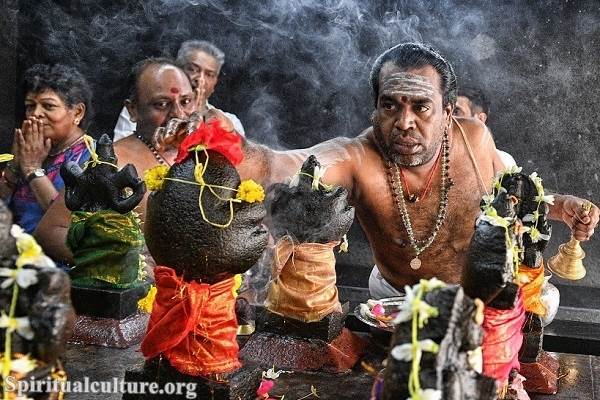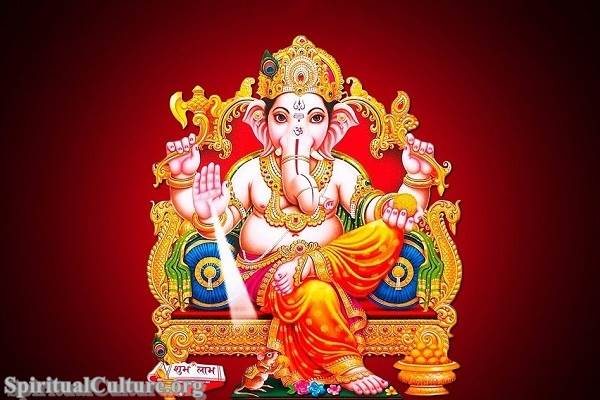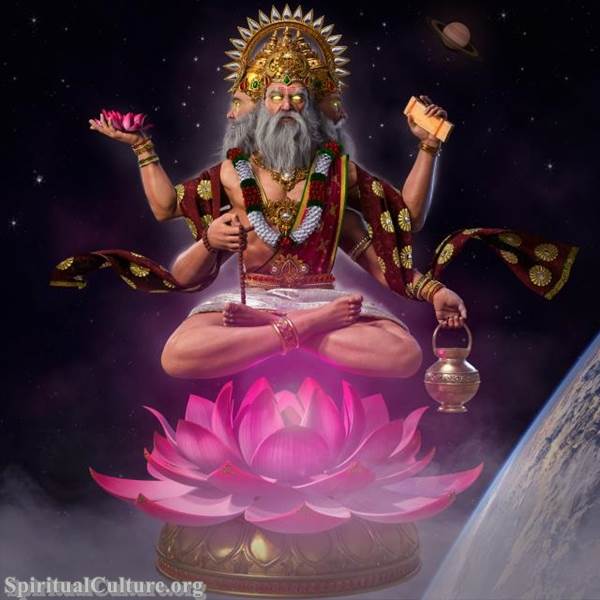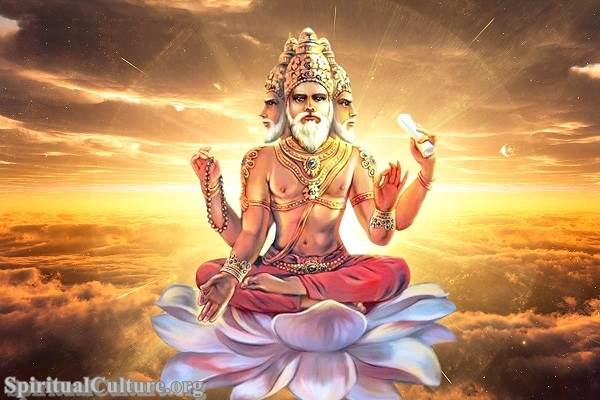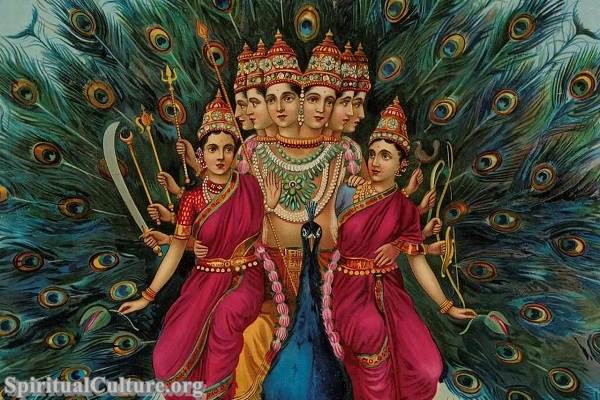As we delve into the spiritual realm, two of the world’s oldest religions stand out with their profound philosophies and distinct practices – Hinduism and Buddhism. The tapestry of faith weaves a complex pattern, particularly when unraveling the threads of Hindu and Buddhist traditions. Although both religions have their roots in the Indian subcontinent, they have evolved significantly over centuries, each taking on unique characteristics and interpretations.
Hindu: An Overview
Hinduism is one of the oldest religions in the world, with its origins dating back over 4,000 years. It is a complex and diverse religion, with no single founder, no single scripture, and no universally accepted set of teachings. It is often described as a “way of life” rather than a religion.
At the core of Hinduism, there is a belief in a Supreme Being, referred to as Brahman, and the concept of Atman, the individual soul. Every individual’s ultimate goal, according to Hindu philosophy, is to achieve Moksha, or liberation from the cycle of birth, death, and rebirth.
Hinduism is also known for its caste system, which divides Hindus into four main categories – Brahmins, Kshatriyas, Vaishyas, and the Shudras. However, it’s important to note that this system has been widely criticized and is not practiced universally among Hindus.
Buddhist: An Overview
Buddhism, on the other hand, was founded by Siddhartha Gautama, known as the Buddha, in the 6th century BCE. Unlike Hinduism, Buddhism does not believe in a Supreme Being or a creator god. Instead, it emphasizes the Noble Eightfold Path and the Four Noble Truths, which provide guidelines for ethical living and spiritual growth.
The ultimate goal in Buddhism is to achieve Nirvana, a state of enlightenment that liberates one from suffering and the cycle of birth and rebirth. Buddhism rejects the caste system prevalent in Hinduism and promotes the idea that anyone, regardless of their social status, can attain enlightenment.
Hindu vs Buddhist: Comparing and Contrasting
While both Hinduism and Buddhism share some similarities due to their common cultural and geographical origins, they also have significant differences.
– Belief in God: Hinduism is a theistic religion, believing in a Supreme Being, while Buddhism is non-theistic, focusing instead on the individual’s journey towards enlightenment.
– Concept of Soul: Hindus believe in an eternal soul, or Atman, that is reborn in a cycle of reincarnation until it achieves Moksha. Buddhists, meanwhile, reject the concept of a permanent soul, advocating the concept of Anatta (no-self).
– Path to Liberation: Hindus believe in various paths to Moksha, including the path of knowledge (Jnana), the path of devotion (Bhakti), and the path of action (Karma). Buddhists follow the Noble Eightfold Path, which provides guidelines for right living and mindfulness.
– Caste System: Hinduism historically includes a caste system, dividing people based on their occupations and social status. Buddhism rejects this, promoting equality and the possibility of enlightenment for all.
Conclusion
In conclusion, Hinduism and Buddhism, two ancient religions, offer unique perspectives on life, spirituality, and the afterlife. They share historical and cultural ties but have diverged significantly in their beliefs and practices. Understanding these differences and similarities can foster mutual respect and appreciation, highlighting the rich diversity of human spiritual expression. Whether one identifies as a Hindu, a Buddhist, or neither, there is much wisdom to glean from both these traditions.
